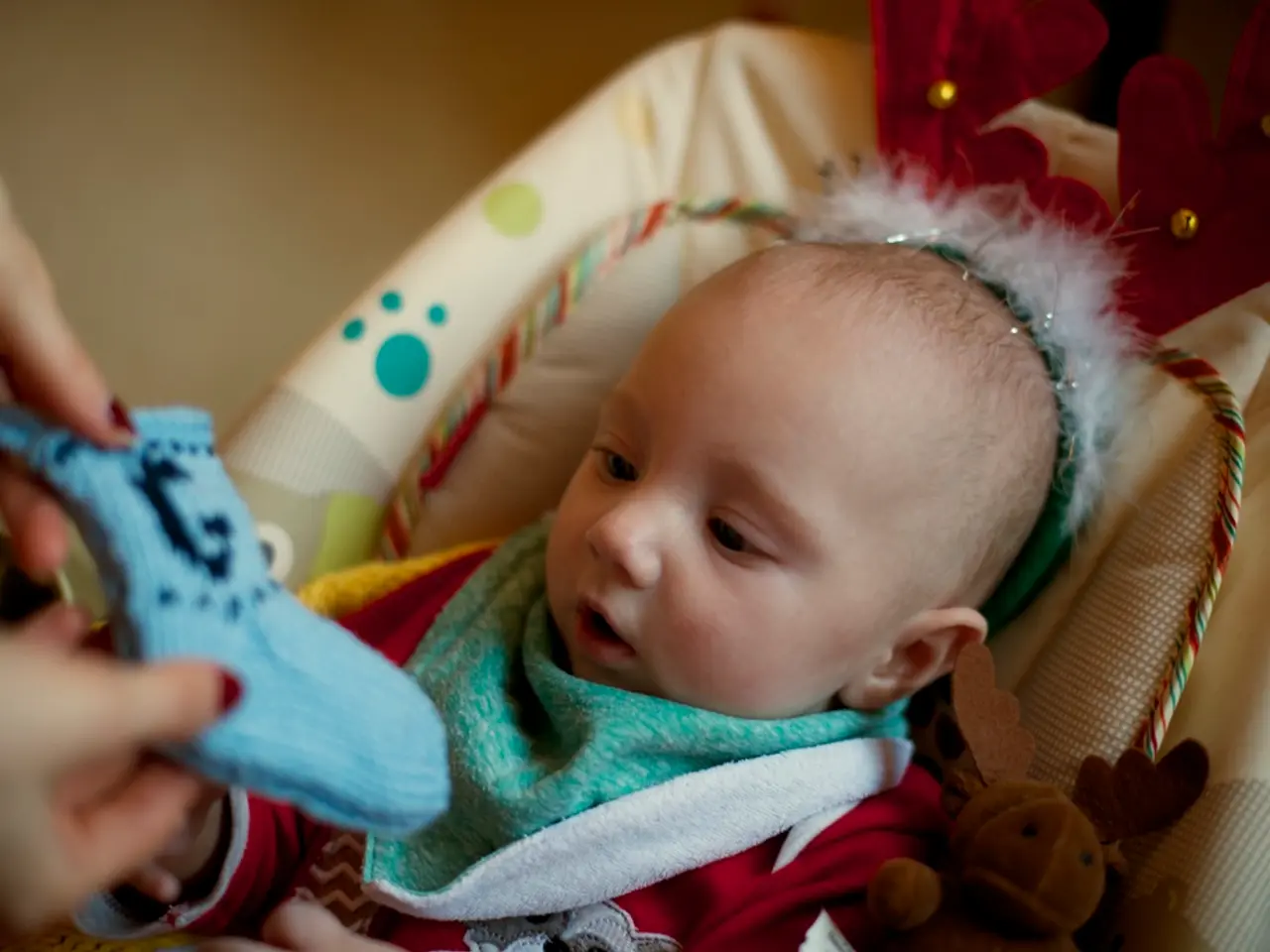Newborn Development: Understanding the Ordinary
Babies born before 37 weeks of gestation, known as preemies, often face unique challenges in their development. These challenges can range from underdeveloped organs, such as the lungs, heart, digestive system, and brain, to difficulties in maintaining body temperature due to a lack of body fat and underdeveloped regulatory mechanisms.
Understanding preemie development is crucial for parents and caregivers, as it allows them to provide the necessary support and care for their little ones. Working with healthcare professionals, preemies can receive specialized therapies such as physical, occupational, and speech therapy to help enhance their motor skills, communication, and cognitive abilities.
Preemies may reach developmental milestones at a different pace compared to full-term babies. Common milestones for preemies, adjusted for their prematurity, include brief head lifting during tummy time, bringing hands close to the face, recognizing sounds, and focusing on objects about 8-12 inches away by around 1 month adjusted age. By 4 months adjusted age, preemies may start to make crawling motions when on their tummy and reach for objects.
However, preemies may also experience developmental delays in various areas. Motor delays, such as crawling or walking developing later, are common. Language delays, cognitive and social difficulties, and neurodevelopmental delays are also possible.
Factors influencing delays include perinatal complications, such as respiratory issues and cesarean section, and cognitive and neurological impairments, which are more common in very preterm and low birth weight infants.
Regular check-ups and assessments are crucial to monitor a preemie's progress and identify any potential issues early on. Adjusted age should be used to monitor milestones for up to 2 years, which helps account for prematurity when assessing development. Early evaluation and intervention are critical since timely therapy can positively affect the course of developmental challenges in preemies.
Caregivers are advised to consult healthcare providers if there are concerns such as lack of startle reflex, poor tracking of objects, feeding difficulties, or unusual sleepiness/fussiness in early infancy.
It is essential to remember that each preemie is unique, and their individual differences should be celebrated rather than seen as setbacks. Resilience is a preemie's ability to overcome challenges and adapt to their environment. With the right support and care, preemies can thrive and reach their full potential.
Preemies may need assistance with feeding, such as feeding tubes or special bottles, to ensure adequate nutrition. Healthcare providers offer valuable insights, guidance, and support, creating a network of care that fosters optimal growth. Pediatricians and other healthcare professionals experienced in preemie development can provide valuable insights and guidance, helping caregivers navigate the unique challenges that come with caring for a preemie.
In conclusion, preterm infants commonly experience developmental delays in motor skills, language, cognition, and social behaviors, with variability depending on gestational age and medical complications. Adjusted age tracking and early intervention significantly help mitigate long-term delays. With the right support and care, preemies can reach their full potential and lead happy, healthy lives.
References:
- American Academy of Pediatrics. (2018). Caring for Your Baby: Birth to Age 5. New York: Bantam Books.
- Ball, K. L., & Volpe, J. J. (2014). Neonatal-Perinatal Medicine: Diseases of the Fetus and Infant (10th ed.). Philadelphia, PA: Elsevier.
- Cunningham, G. L., et al. (2014). Williams Obstetrics (24th ed.). New York, NY: McGraw-Hill Education.
- National Institutes of Health. (2018). Neonatal Neurologic Outcomes. Retrieved from https://www.nichd.nih.gov/health/topics/neonatal-neurologic-outcomes
- World Health Organization. (2016). Assessing and Promoting Early Childhood Development: A Resource for Mothers, Caregivers, and Communities. Geneva: World Health Organization.
- Recognizing the unique challenges that preemies face during pregnancy development is vital for parents, healthcare professionals, and the entire family.
- To enhance motor skills, communication, and cognitive abilities in preemies, they can receive specialized therapies including physical, occupational, and speech therapy.
- Despite facing developmental milestones at a different pace compared to full-term babies, preemies may still experience delays in motor, language, cognitive, and social development.
- Issues influencing delays in preemies can include perinatal complications, such as respiratory problems, cerebral palsy, and preterm birth-related conditions.
- Regular check-ups and assessments are necessary during the first two years of a preemie's life to monitor progress, identify potential issues, and offer early intervention.
- Early evaluation and intervention can positively affect the course of developmental challenges in preemies, promoting their ability to catch up and reach their full potential.
- Caregivers can look for concerns like lack of startle reflex, poor object tracking, feeding difficulties, or unusual sleepiness/fussiness in early infancy and consult healthcare providers for guidance.
- Celebrating preemies' individual differences should be encouraged, as resilience -- their ability to overcome challenges and adapt to their environment -- plays a major role in the preemie's long-term development.
- Preemies may require assistance with feeding, such as feeding tubes or special bottles, to ensure proper nutrition, accessible through healthcare providers' guidance and support systems.




